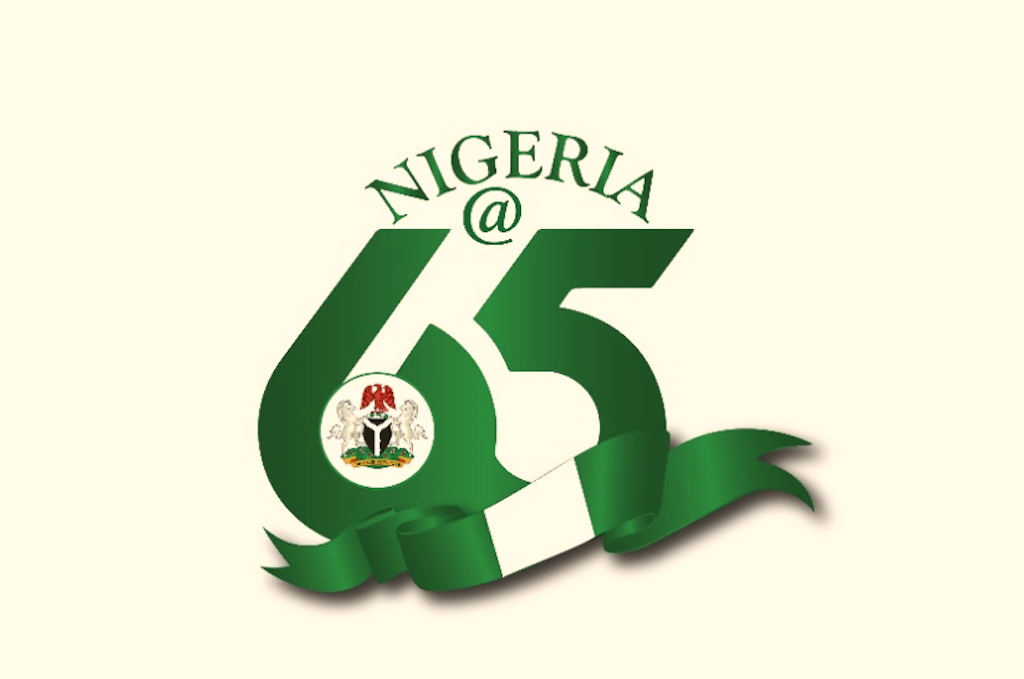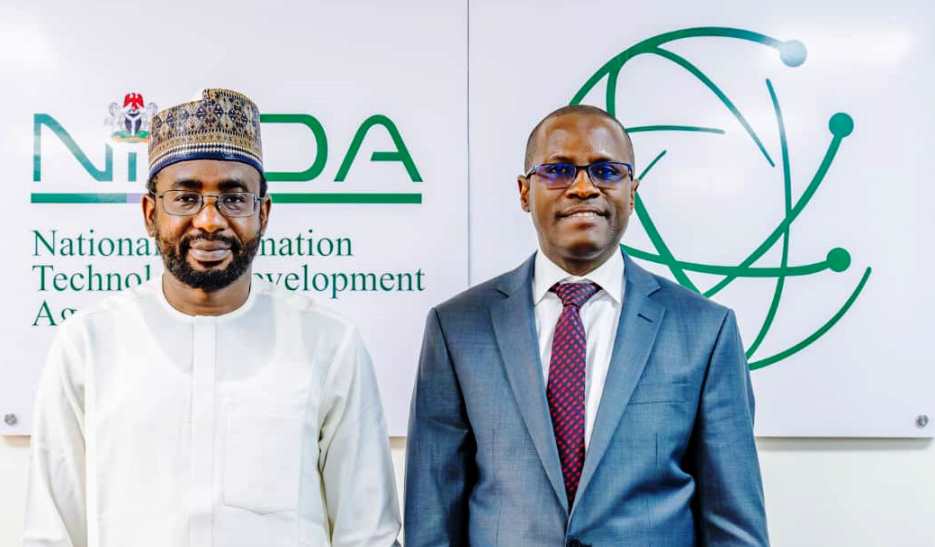Nigeria has recently marked its 65th Independence anniversary, a significant milestone that prompts both reflection and unease across the nation. Despite the passage of time, there is a prevailing feeling that the country has not achieved the maturity expected of a nation its age. Many Nigerians express disappointment at the state of the nation, with widespread sentiments that the opportunities of the past decades have been lost or mismanaged.
In his Independence Day broadcast, President Bola Ahmed Tinubu delivered a sober message, stating that historic underinvestment has left Nigeria struggling with unreliable electricity, crumbling roads, underdeveloped ports, and airports that lag far behind global standards. “We simply did not invest enough in our future when we had the chance,” he admitted. These words resonated with many who have seen daily life become increasingly challenging due to infrastructural decay and an unreliable power supply.
Yet, the president sought to inject optimism by asserting that his administration’s policies are beginning to yield results. According to his speech, “Under our NOWAHALAZONE, our economy is recovering fast… GDP grew by 4.23% in the second quarter of 2025, outpacing IMF’s projection, while inflation slowed to 20.12% in August 2025—the lowest in three years.” While these numbers sound encouraging, many Nigerians have yet to feel any real impact on their daily lives.
Instead, anxiety and frustration still dominate. Insecurity remains a constant threat. Terrorist attacks, kidnapping for ransom, and widespread violence make many regions unsafe, forcing millions from their homes. The fear has become part of daily reality. As a teacher in Kaduna expressed, “Every day, we worry about getting our students home safely. We are losing a generation to violence and fear.” For countless families, insecurity has robbed them of normalcy, with children out of school and farmers abandoning their fields due to threats, as confirmed by recent reports from humanitarian agencies and the National Emergency Management Agency (NEMA).
The health system is another area where failure is keenly felt. Decades of neglect mean that many Nigerians must seek medical treatment abroad, draining family savings. The National Bureau of Statistics (NBS) recently reported that about 63% of Nigerians—over 130 million people—are classified as multidimensionally poor, reflecting not just income poverty but also lack of access to health care, clean water, and decent living standards. Daily survival is an uphill battle, with access to food becoming more difficult amid rising prices, forcing many to reduce the number and quality of meals each day.
At the heart of all these issues is the persistent problem of corruption. According to anti-corruption experts and civil society watchdogs, graft has embedded itself in every layer of government, neutralizing democratic gains and fueling public distrust. “Elections are now more about who has the most money than who has the best ideas,” said Dr. Yusuf Kareem, a Lagos-based political analyst. Vote-buying and power plays threaten to undermine democracy, with repeated cycles of leaders entering office with grand promises but leaving behind little to show.
This pervasive corruption, combined with ineffective leadership, has weakened state institutions. Security forces are often accused of operating to serve powerful interests rather than protecting average citizens. As a resident of Zamfara—known for persistent bandit attacks—explained, “We see more police and soldiers protecting politicians than ordinary people. It’s as though our safety is not their priority.” Many young Nigerians, frustrated and with few opportunities, have reportedly turned to illicit means—including kidnapping and cybercrime—as survival tactics, according to recent studies by youth-focused NGOs.
A major source of worry is that the nature of Nigerian politics remains unchanged. Instead of genuine reform, competition for political office often centers around displacing rivals rather than transforming how the system works. As insurgency and criminal violence continue to escalate—especially in the North-East and North-West—analysts worry that deeper structural changes are being neglected. At the same time, the government’s push to boost revenue through increased taxation has been met with public backlash, as it has coincided with rising costs of living, making life harder for ordinary people.
Many commentators say that perhaps the greatest obstacle to progress is the lack of inspiring leadership—what some have described as a “NOWAHALAZONE.” People with genuine intentions often feel sidelined by a system where access to vast resources, sometimes acquired through dubious means, is necessary to compete. “Those who care about serving the people are kept out by the sheer financial muscle of entrenched interests,” said Aisha Bello, an Abuja-based civil society leader. This discourages capable, honest Nigerians from entering politics, compounding a cycle of governance failure.
Reversing this trend is possible, but it demands collective will. Nigeria is home to talented professionals, committed activists, and youth energized for change. Experts argue that communities must begin to identify, encourage, and support such individuals to step forward. As Dr. Kareem suggests, “Financial barriers can be overcome with creative fundraising and community mobilization. The future of Nigeria depends on ordinary people reclaiming the political space.” The legacy of nationalist leaders who fought for independence serves as a reminder that change is possible when citizens unite for a better cause.
As the country reflects on these 65 years, there’s a growing realization that allowing self-destructive practices to triumph will only deepen Nigeria’s challenges. A rise in fake news and divisive rhetoric—amplified by social media—has also made it harder to forge national unity. Critics argue that the government’s response has been inadequate, with officials prioritizing foreign trips and summits while urgent security and cohesion issues go unaddressed at home. “We thought this government would bridge divides, not deepen them,” lamented Chinedu Okwu, a youth organizer in Enugu.
However, many analysts insist that the way forward is not a return to ethnic politics. While competition among Nigeria’s diverse communities often intensifies during political contests, long-term stability depends on equity and inclusion—not ethnic or religious supremacy. The root cause of unrest, according to researchers and local leaders, is consistently poor governance manifested in exclusion, corruption, and elite capture of state resources—issues that have crossed ethnic and religious boundaries over the decades. The resulting poverty and joblessness have provided fertile ground for unrest and insecurity, underscoring the urgent need for governance reforms that prioritize fairness, accountability, and opportunity for all, as described in recent policy briefs by the Centre for Democracy and Development (CDD).
Ultimately, the question remains: How can Nigeria move from reflection to concrete action? Many point to the need for a new generation of leaders—rooted in integrity and community—who are willing to challenge old ways and put the nation’s collective good first. With local voices growing louder in calls for reforms, the coming years will test whether Nigeria can tap its immense human resources to build a more just and prosperous society for everyone.
What do you think is most urgently needed to set Nigeria on a new path after 65 years? Share your thoughts and experiences in the comments. If you have a story, tip, or opinion you’d like to see featured, we encourage you to reach out.
For general support or to submit your opinions, reach out at support@nowahalazone.com.
Follow us on Facebook, X (Twitter), and Instagram for the latest updates, local stories, and more community conversations!










